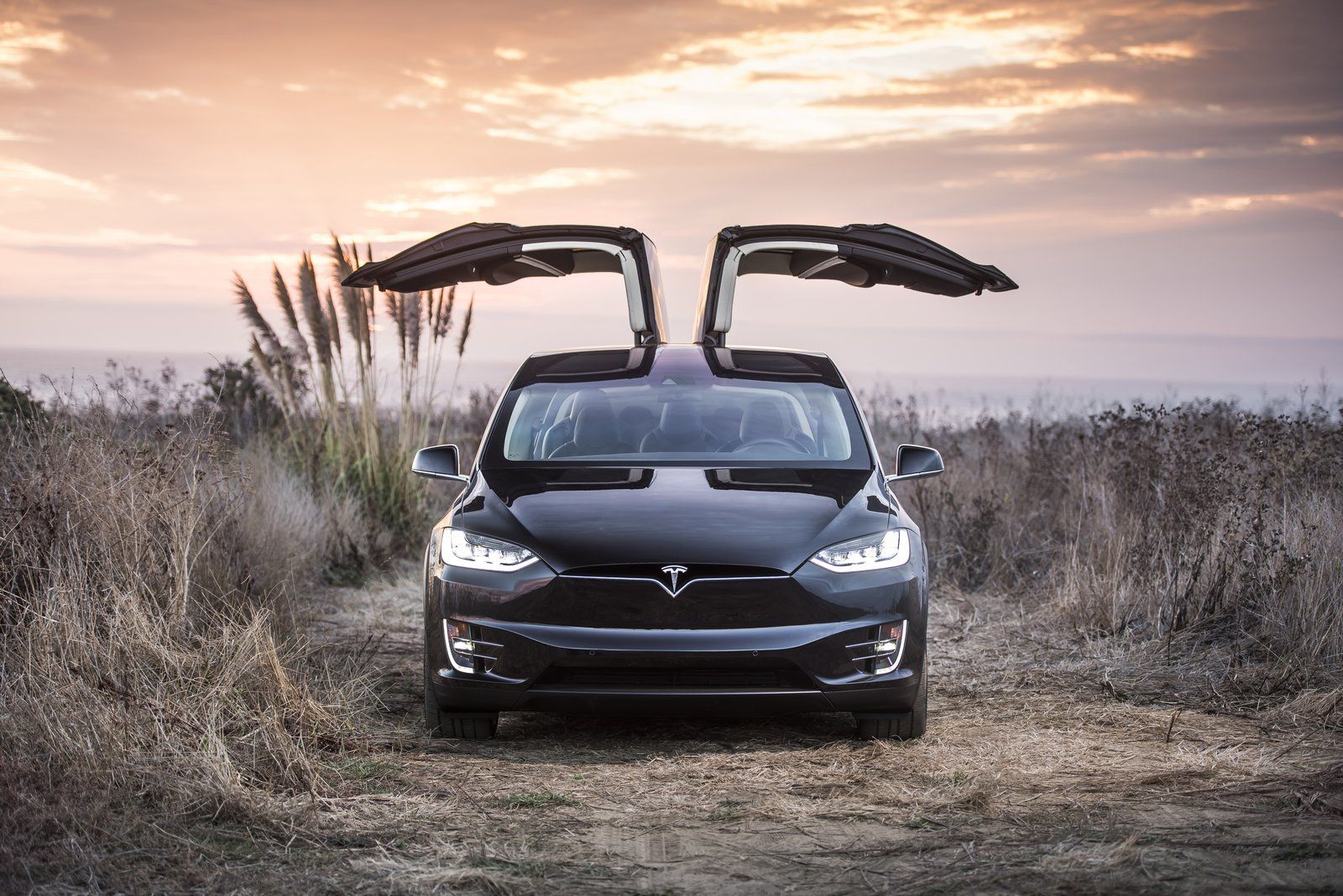Tesla’s sales in Europe dropped sharply by almost half in January, marking one of the worst months for the automaker in recent years in what has raised concerns about the carmaker’s flagging sales in the region.
According to data from the European Automobile Manufacturers’ Association (ACEA), Tesla registered only 9,945 vehicles across the EU, UK, and EFTA region, a 45% drop from 18,161 sales in January 2024.
According to Bloomberg data, Tesla’s European sales hit a two-year low, with steep declines in key markets.
In Germany, registrations fell to 1,277 vehicles, the weakest since July 2021.
France saw an even steeper decline, with Tesla’s market performance plunging by 63%, its worst since August 2022.
In the UK, the company lost ground to Chinese competitor BYD for the first time, even as the overall electric vehicle (EV) market expanded by 42%.
Despite Tesla’s struggles, the broader European EV sector showed resilience, ACEA said.
Battery-electric car sales across the region grew by 34% in January, reaching 124,341 units and securing a 15% market share.
However, the total automobile market shrank by 2.1%, with major markets such as France (-6.2%), Italy (-5.8%), and Germany (-2.8%) reporting declines.
Political backlash in Germany, France adding pressure on Tesla’s brand?
One possible factor behind Tesla’s sales slump is growing consumer resistance to Elon Musk’s political activism.
The Tesla CEO has made several controversial moves in recent months, including endorsing Germany’s far-right Alternative for Germany (AfD) party ahead of elections.
This may have contributed to the company’s steep 60% year-over-year decline in Germany, Europe’s largest car market.
CEO of EV brand Polestar said recently he told sales staff to target Tesla owners put off by Musk’s push into politics and echoed Scholz in calling the billionaire’s support of AfD “totally unacceptable.”
“We get a lot of people writing that they don’t like all this,” Michael Lohscheller told Bloomberg.
“It’s important to listen closely to what they say. And I can tell you, a lot of people have very, very negative sentiment.”
Matthias Schmidt, a Germany-based automotive analyst, told Business Insider earlier this month that he expected Musk’s political involvements to eventually have an impact on Tesla’s European sales, and said rivals like Polestar would likely reap the benefit of disgruntled Tesla owners ditching their vehicles.
Beyond Germany, Musk’s political stances have drawn scrutiny across Europe.
French President Emmanuel Macron accused him in January of attempting to interfere in the continent’s democratic processes.
Supply chain disruptions keep Tesla’s product lineup “stale”
In addition to political concerns, Tesla has faced supply chain disruptions tied to the launch of an updated version of its Model Y SUV.
The automaker’s Berlin factory, which produces the Model Y, spent part of January retooling production lines for the refreshed model, known as Juniper.
In a Financial Times report, Schmidt acknowledged this factor saying Tesla’s sales decline in Germany could be that consumers were waiting for the upgraded Y model, scheduled for the first half of 2025.
Tesla has not introduced a new model in Europe since launching the Model Y in 2021, and its latest EV, the Cybertruck, remains unavailable in the UK and Europe.
“It’s looking a little bit samey,” said Philip Nothard, Insight and Strategy Director at Cox Automotive in the BI report.
Increased competition compound woes
Competition is also intensifying as traditional automakers ramp up their EV efforts in a largely shrinking EV market across Europe.
“The big picture is a shrinking EV market across Europe. But Tesla is shrinking faster than that, and in specific markets, it is outpacing that decline,” Dylan Khoo, an analyst at Argus, told BI.
Volkswagen and other European brands are accelerating production to meet stricter EU carbon-emission rules, leading to aggressive pricing and stronger market penetration.
January saw a 37% increase in EV sales across Europe compared to the previous year, but Tesla’s share of the market shrank as competitors gained ground.
Tesla’s reliance on end-of-year sales pushes may have also contributed to the poor start in 2025.
The company historically boosts deliveries in December to meet annual targets, and last year’s push was particularly aggressive.
According to ACEA data, December 2024 accounted for 13% of Tesla’s European deliveries, up from 11% the year before, leading to a post-holiday sales dip.
With mounting pressure from regulators, competitors, and consumers, the coming months will be critical in determining whether Tesla can regain its momentum or if its market position in Europe will continue to erode.
The post Tesla sales in Europe drop 45% in January amid rising competition and political challenges appeared first on Invezz

